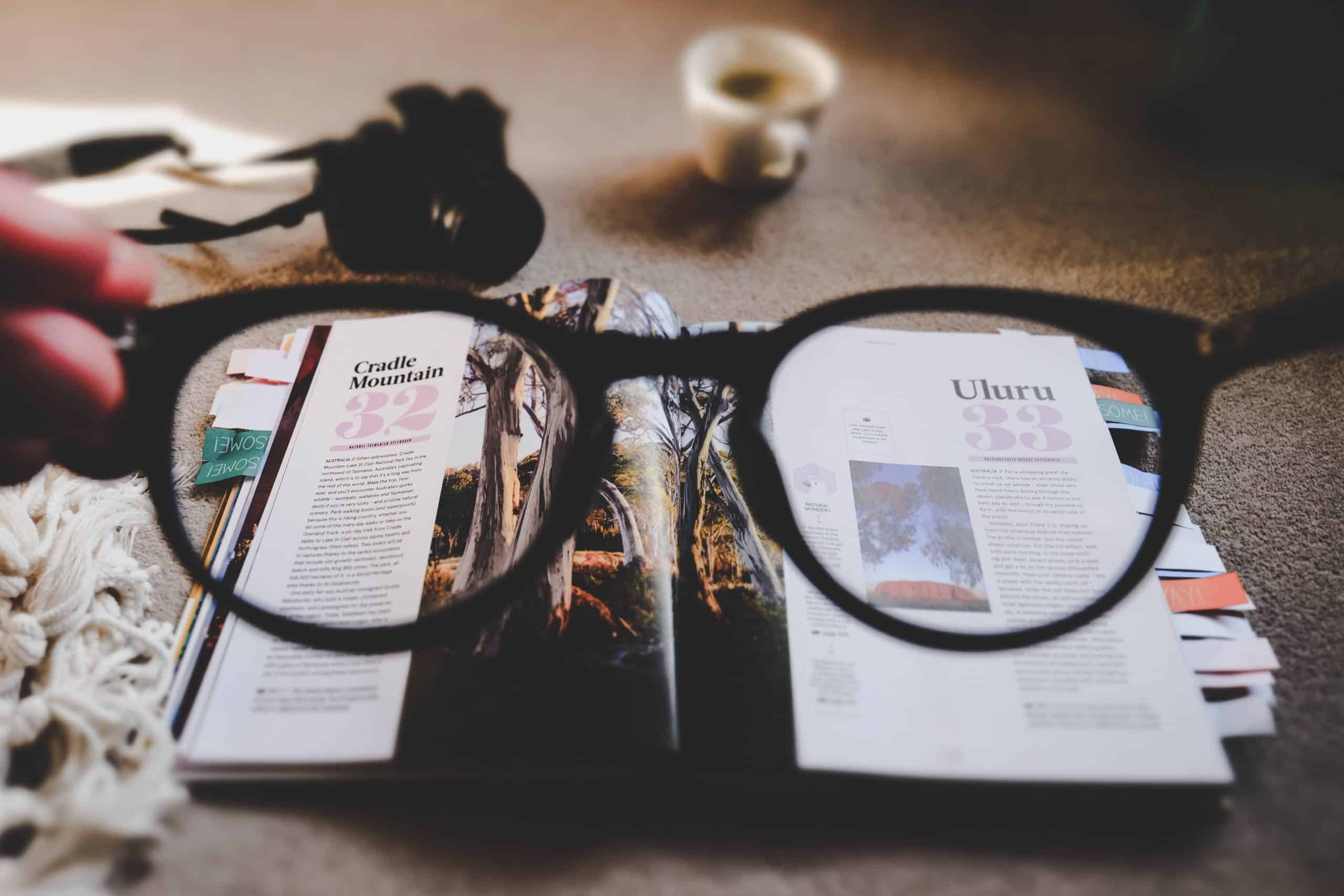Eye health is connected to holistic health, including your mobility. Poor vision can lead to debilitating falls and injuries that are difficult to bounce back from especially for seniors. Furthermore, if you live with both physical limitations, like mobility issues and poor vision, you are at increased risk for complications as you go about your daily life and ADLs (activities of daily living).
Don’t underestimate the effect of your vision on mobility especially if you are older or live with other medical issues. Low vision can impact mobility, which may hinder or impede the individual’s ability to care for themselves. Furthermore, poor eyesight can cause you to fall and sustain injuries; this risk is increased as a person gets older. In fact, one in four seniors fall each year in this country, and if you have impaired sight, your risk is doubled. There are precautions that you can take, including the use of quality mobility aids and equipment that enhance accessibility.
When it comes to your eye health and mobility, here is what you should know:
A Connection
Poor vision can exacerbate mobility issues, so, there is a strong connection between the two. Even seemingly mild falls can have lasting repercussions on someone who is older or who has a physical disability. It is estimated that falls are the leading cause of accidental death at home among seniors. Recuperating from injuries sustained in a fall can erode mobility and create obstacles to aging in place.
Fear of Falling
When it is harder to see, falling can be a very real concern. This fear can cause debilitating anxiety surrounding everyday activities and it can affect how these individuals live their lives. Mobility aids, like canes, scooters, ramps, and walkers, help by enhancing accessibility and instilling a sense of confidence regarding moving, walking, and going about the day.
Long-Distance Hurdles
It can be tough for individuals with both poor eyesight and mobility challenges to traverse unfamiliar terrain or travel long distances. This lack of surety can precipitate a fall particularly if the individual becomes nervous, rushed, or uncomfortable. In these instances, some folks may decline to leave their home without the assistance of a caregiver, which may limit their autonomy and impact quality of life.
Cataracts
Did you know that around one in five seniors develop cataracts? Cataracts are a common condition that can be treated with surgery, but many people do not realize that they have it. They may think that their vision is declining or that they have a new eyeglass prescription. Cataracts are marked by blurry or foggy vision, which can greatly affect the mobility of those afflicted, making them more at risk of a fall.
Tips that Help
Looking out for your holistic health is one thing that you can do to protect your health- including vision and mobility. Regular eye exams can help detect issues and impairments that could affect your mobility later. Routine visits with your doctor can help curb conditions that may compromise mobility.
Some other precautions that you can take include these:
- Declutter the home; get rid of what you don’t need. Items in the way can cause fall hazards that could cause serious injury.
- Create a wide path through the main areas of the home. Remove rugs, carpets, or loose flooring that could cause someone to trip and fall.
- Wear clothing that fits properly and non-slip footwear if you have mobility challenges or are susceptible to a fall.
- Many medications can have side effects, including a loss of balance or coordination. Talk to your doctor about any meds that you are on to reduce the chances of a nasty fall.
- Take care of your oral health, too. Many don’t realize the detriment that tooth decay and infection can have on the rest of your body. While it may not affect your mobility, tooth loss can impact how and what you eat.
Routine appointments are critical to maintaining holistic health, including vision. It can be closely connected to whether seniors age in place or require assisted living levels of care.
Eye Health Observances
So, what else can you do? Stay in the know by recognizing some eye health observances that aim to educate, advocate, and support eye health-related causes. For instance, January is Glaucoma Awareness Month; Glaucoma affects over two and a half million adults in this country. Regular screening at your eye exams can identify risk factors and symptoms of this condition.
Here are some more dates to make note of:
- February is designated as both Age-Related Macular Degeneration (AMD) Awareness Month and Low Vision Awareness Month.
- March recognizes Workplace Eye Wellness Month, as well as World Glaucoma Week in March.
- World Optometry Day is in late March annually, as is World Optometry Week.
Take precautions to prevent problems related to your eye health and mobility with regular eye exams and mobility solutions that reduce the risk of a fall. Talk to the team at Pacific Mobility to learn more!
President, Husband, Father, Grandfather Graduate of UC Davis- Bio Sci Major- Go Aggies! Jeff has extensive experience in all of Pacific Mobility’s products and services, and specializes in accessibility products as well as stairlifts, ceiling lifts and custom wheel chairs. His hobbies include spending time with family, gardening, mountain biking, exercising and off road motorcycle riding.
24 years as Owner/President of Pacific Mobility Center – selling, installing, and servicing stairlifts, porch lifts, ceiling lifts, pool lifts, handicap ramping, specialty wheelchairs, scooters, power wheel chairs, and other power mobility devices
Certified Environmental Access Consultant since 2008
Licensed General Contractor since 1998
Certified Aging in Place Specialist since 2016
Board Member for Home Access Professionals
Member of Association of Members of the Accessibility Equipment Industry (AEMA)




